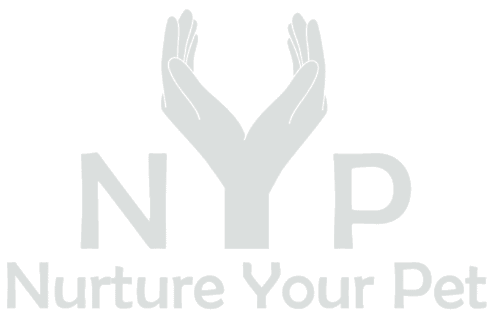The Science Behind Dog-Human Bonding
The relationship between dogs and people is biological & oxytocin play a crucial role in this relationship. Oxytocin increases trust and bonding between dogs and people. Dogs have developed alongside humans for thousands of years, allowing them to form deep ties with people. These ties improve physical health, stress, and social support for dogs and humans.

Building Trust: The Foundation of Dog-Human Bonding
Trust is a fundamental aspect of any dog-human relationship. Establishing trust begins the moment you bring your new dog home, whether they're a puppy or an adult. Being patient, polite, and consistent builds trust. As trust builds, your dog will feel more at ease around you. Trust is maintained by meeting your dog's needs, giving positive reinforcement, and providing a safe and stable environment.
Communicating Effectively: Understanding Your Dog's Signals
Strong dog-human bonds require good communication. Understanding your dog's needs and emotions requires reading body language and vocalizations. Tail wagging, play bowing, and growling can indicate a dog's mood. Training sets clear expectations and strengthens your relationship with your dog.

The Role of Play in Strengthening the Dog-Human Bond
Playtime is an essential component of dog-human bonding, providing an opportunity for both mental and physical stimulation. Based on breed, age, and attitude, dogs play differently. Find your dog's favorite toys, games, and workouts and play with him frequently to strengthen your bond and improve his health.
Training and Enrichment: Engaging Your Dog's Mind and Body
Training and enrichment activities play a significant role in fostering dog-human bonding. Positive reinforcement techniques, such as offering treats or praise for desired behaviors, help build trust and mutual understanding. Beyond basic obedience, consider engaging your dog in more advanced training or dog sports, like agility or scent work. Mental and physical enrichment activities, such as puzzle toys, interactive feeders, and long walks, also contribute to a well-rounded and contented canine companion.
Socialization: Exposing Your Dog to New Experiences and People
Well-socialized, confident dogs can form strong bonds with their owners. Introduce your dog to new circumstances, people, and animals as soon as possible. To keep your dog adaptable, socialize them throughout their life. Socialized dogs are more prone to trust their humans.

Emotional Support and Therapy Dogs
Therapy and emotional support dogs are based on humans' strong bond with dogs. Therapy dogs and emotional support dogs promote mental health. Emotional support dogs provide companionship and reduce anxiety and depression. Therapy dogs comfort people in hospitals, schools, and nursing homes. Both types of dogs improve health, happiness, and well-being.
People can benefit from emotional support and therapy dogs. They relieve stress, boost positive conduct, and improve well-being. Pets reduce loneliness, despair, and stress, according to research. Emotional support and therapy dogs also help individuals manage their emotions and stress.
Conclusion:
Human-dog bonds are amazing and grow over time. Understanding this link helps us bond with our furry companion. Oxytocin strengthens dog-human trust and bonding. Being patient, polite, and consistent builds trust, and addressing the dog's needs, delivering positive reinforcement, and providing a safe and stable environment maintains it. Training clarifies expectations and promotes dog-human bonds. Playtime stimulates dog-human attachment while training and enrichment foster trust and understanding. Well-socialized dogs’ bond with owners. Based on humans' deep affinity with dogs, emotional support and therapy dogs provide companionship and reduce anxiety and sadness.








